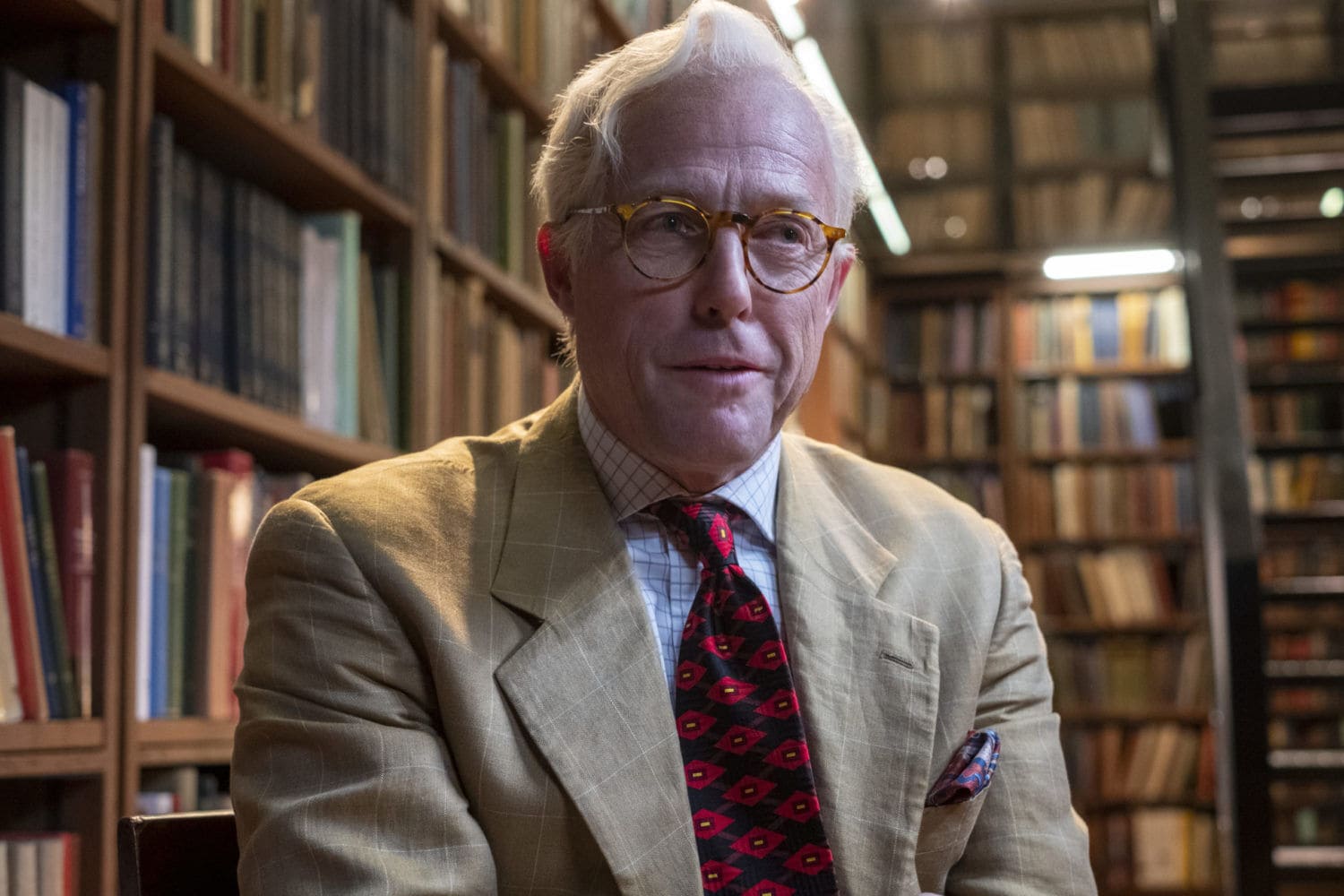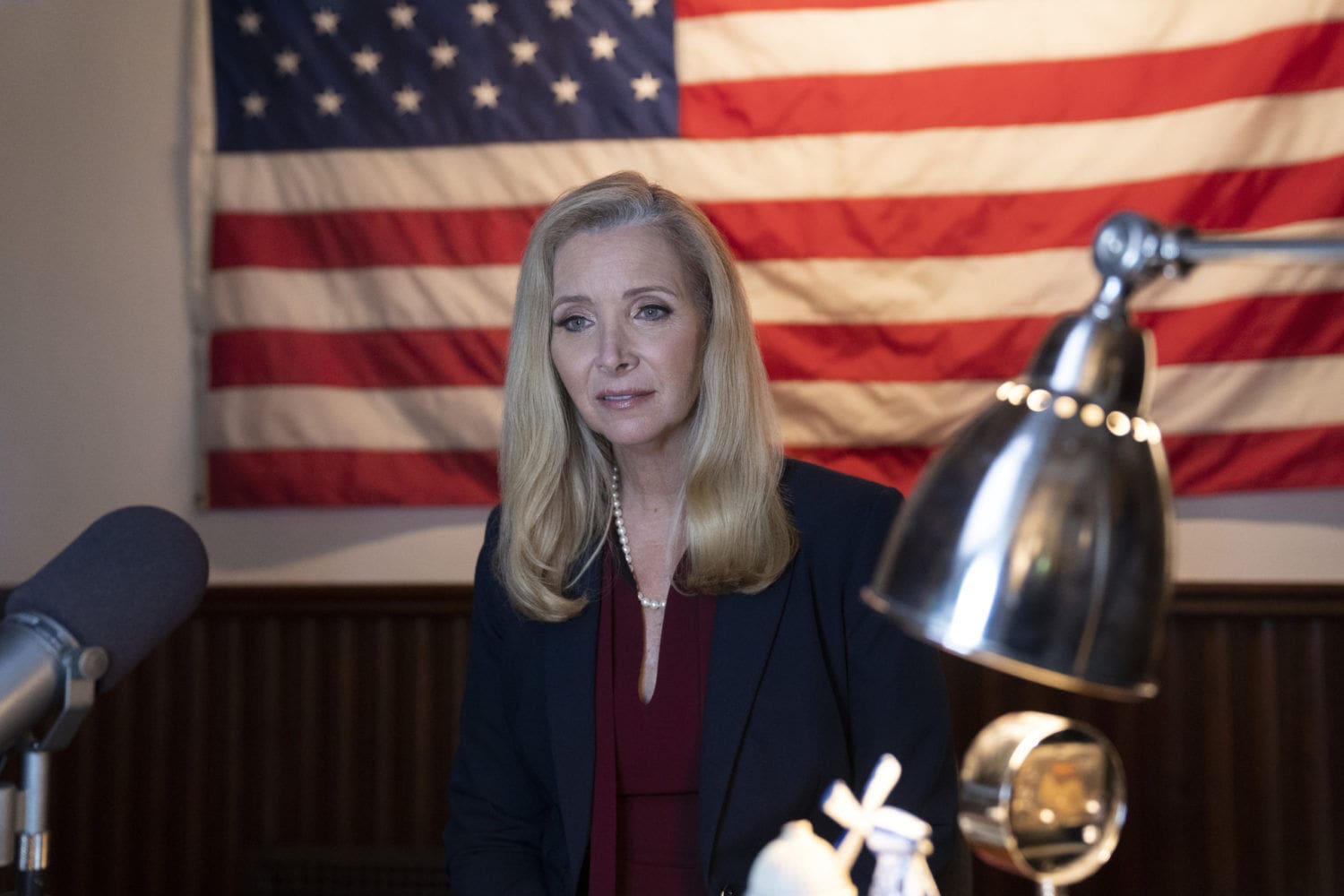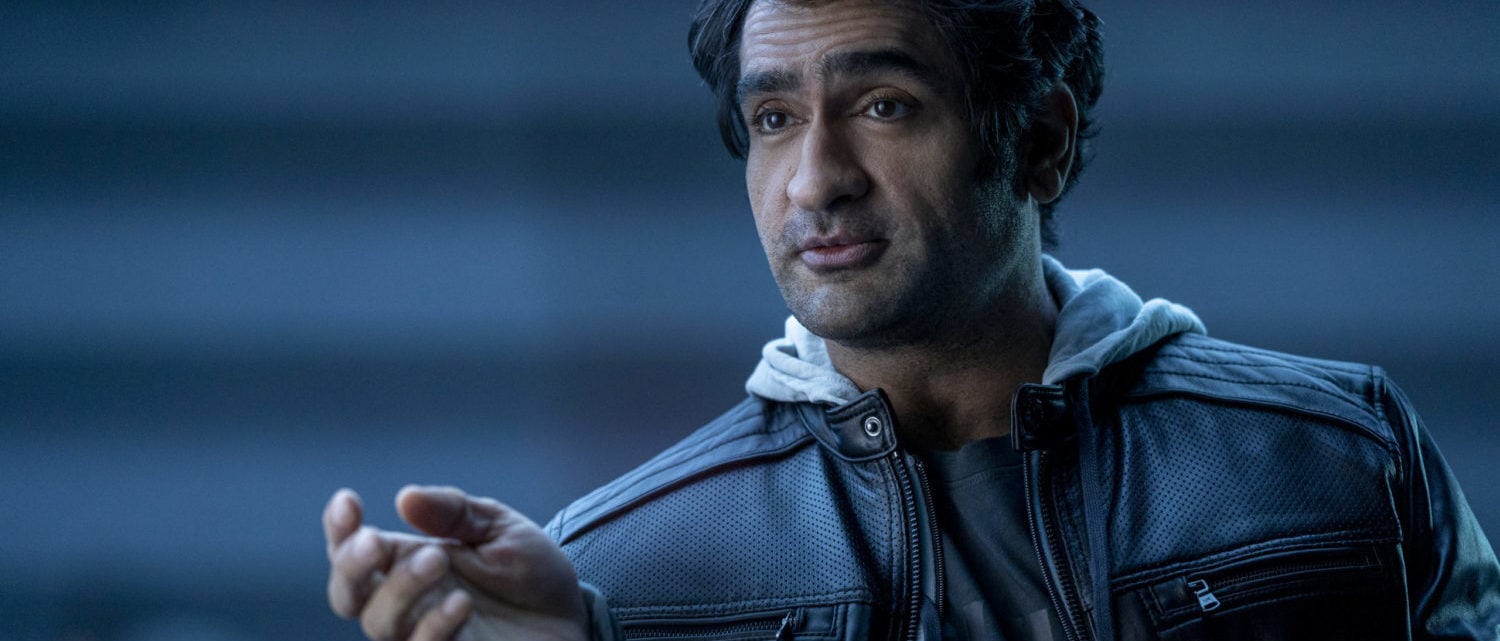It took approximately seven days for the naïve zeal for the new year to come to a halt. I scrolled through Twitter, Facebook, and Instagram reading the same eagerness to leave the insanity of last year behind and transition into a year of prosperity.
When domestic terrorists stormed the Capitol, it became more than apparent that a new year is not the answer to our problems. I think I am shameless enough to say that… hindsight is 20:20.
However, our short-sightedness is not something that we can conveniently forget about and move on. Unfortunately, our arrogance is forever preserved on our screens: our tweets celebrating the end to the chaos, the Instagram posts waving goodbye to the endless turmoil.
For our purposes, our deep hubris is still on Netflix, and was directed by Charlie Brooker. Charlie Brooker’s Death to 2020 did make me laugh at points and it was bitter enough to round off what was a monumentally crappy year for most of us while remaining faithful to classic Brooker cynicism.
There were some characters that made this mockumentary simultaneously painfully grounded but also delightfully mad. Jeanetta Grace Susan (Lisa Kudrow) could not truthfully dig herself out of Trump’s caveats.
Kathy Flowers (Cristin Milioti) whose seemingly innocuous earthy homelife is inundated with the latest conspiracy theories and Karen-flavoured racism. My favourite stock character was probably Bark Multiverse (Kumail Nanjiani), a billionaire who passes off his cash-cold pursuits as philanthropy and finds ways to profit from doomscrolling-induced radicalisation.
We can appreciate the satirical take on the calculated callousness that exploits global crises to benefit himself and his very exclusive circle. Rather than make Bark Multiverse a cat-stroking, chair-swivelling supervillain, I love that he was a man that genuinely convinced himself that he was helping people with his greed.
However, much like the ‘New Year, New World’ attitude that quickly fizzled out, most of the characters and satire were tired and somewhat overindulgent.
Charlie Brooker’s Death To 2020 Has Hit or Miss Stock Characters

Credit: Netflix
Read more: Death To 2020 Review
Queen Elizabeth II (Tracey Ullman) demonstrated a banal poshness that I feel didn’t fit into the wider landscape of globally devastating event. I’m not sure a pandemic, climate change, and a tabloid-level angry mother-in-law over Meghan Markle truly fit together.
Gemma Morgan (Gemma Nerrick), while hilarious in parts, overall gave off the idea of the average person being oblivious and incompetent. Duke Goolies (Joe Keery) was a strange mix between an obnoxious performative activist, and a vague contempt towards millennials.
Not only was Death to 2020 tired, but it tried to say too much in one go. Joke after joke after joke is suddenly interrupted by a serious tone to discuss Black Lives Matter and I am tensely sitting, wondering where the ill-placed joke will pop up.
Especially after this harrowing segment, Death to 2020 reflected the most worrying approach that a lot of us had to 2021. Don’t get me wrong, 2020 is far behind me.
But you cannot bring death to something that is not alive. The humanising of 2020 as a villain to kill off, or a nasty old person who would eventually wither away and rid us of their torment, was bound to set us up for disappointment.
2020 wasn’t terrible by virtue of it being 2020, it was because several governments failed to protect the interests of the public. 2020 was terrible because we continue to allow and propagate discrimination and prejudice; 2020 was awful because we’re awful. And as long we’re awful, 2021 will be too.
The world isn’t terrible, we are

Credit: Netflix
Read more: Netflix Is Worth More Money Than Disney Following The
2020 will not die because it was not alive, it was an abomination of our creation, one which will extend into this year. This is a big reason why we should be careful with our metaphors, particularly in film and television, where the messages we glean from its content can be much more subliminal.
Metaphor is a tricky thing. Saying that 2020 was a being that has now died implies that all its containments and entailments are dead too.
But I think a more helpful idea would be that we are still alive, which means our containments and entailments are still alive, which means are problems and their causes are quite literally off the clock, but on us. By fear of coming across as pessimistic, there is another reason that this sweeping satirical overview doesn’t work.
Please bear with me for this: some good things did happen last year! Real achievements were made in terms of raising awareness on racism (let us not forget the race to educate ourselves through film and literature) which although is not everything, is something.
With regards to feminism, free menstrual products will now be provided in Scotland (the first country in the world to do this). Abortion was legalized in Argentina, meaning the proportion of women with access to legal abortion on the continent rose from 3% to 10%!
The pursuit to get private cars off the streets in cities has ramped up! I’m not saying this year was great, good, or even alright, but we’re not doing our nihilism any favours by glossing over the genuinely good things that took place this year!
It ain’t all doom and gloom!

Credit: Netflix
Read more: Will Money Heist Season 4 Reveal That Nairobi Is Actually Alive?
I’m aware that Death to 2020 wasn’t meant to be an accurate, nuanced, overview of each of the 366 days that were bestowed upon us. However, I find the assignment Brooker set himself too vast, and this project was soon out of its depth.
What do you make of this feature? What did you make of Charlie Brooker’s Death To 2020? Let us know your thoughts in the comments below.
What do you make of this story? Let us know in the comments below or on our Facebook, Twitter or Instagram pages! And if you enjoy listening to film podcasts, why not check out our podcasts, Small Screen Stories and Small Screen Film Club wherever you get your podcasts!
















There are no comments
Add yours